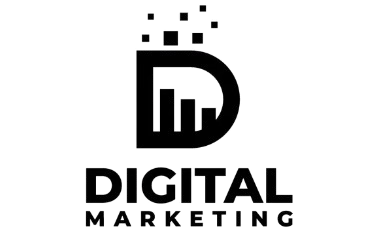The Ultimate Guide to Social Media Marketing: Leveraging Facebook Marketing for Social Media Success

SOCIAL MEDIA MARKETING
What is Social Media Marketing?
Social media marketing involves using platforms like Facebook, Instagram, LinkedIn, and others to promote products, services, or ideas. It encompasses content creation, targeted advertising, and community engagement to build a loyal customer base and drive conversions.
Benefits of Social Media Marketing
- Increased Visibility: With billions of daily users, social media platforms amplify brand awareness.
- Cost-Effectiveness: Social media campaigns often yield higher ROI than traditional marketing methods.
Real-Time Engagement: Businesses can interact directly with customers, addressing concerns and fostering relationships

Why Facebook Marketing is Essential for Social Media Success
Facebook is a leader in the social media marketing landscape, offering robust tools and features that cater to businesses of all sizes.
Advantages of Facebook Marketing for Social Media
- Wide Reach: With 2.96 billion active users, Facebook connects you to a global audience.
- Advanced Targeting: Segment audiences by location, age, interests, and behaviors for precise campaigns.
- Varied Ad Formats: Options like carousel ads, video ads, and dynamic ads make marketing versatile.
- Data-Driven Insights: Tools like Facebook Analytics help you monitor and optimize campaigns.
Examples of Facebook Marketing Tools
- Facebook Ads Manager: For creating and managing ad campaigns.
- Facebook Business Pages: Establish a professional presence for your brand.
- Facebook Groups: Build communities around shared interests or products.
- Messenger Marketing: Engage users with chatbots and personalized communication.
(Insert an image showcasing the Facebook Ads Manager interface

Building a Social Media Marketing Strategy
Creating a strong strategy ensures your campaigns resonate with the right audience.
Step 1: Define Clear Goals
Set objectives such as increasing website traffic, generating leads, or boosting sales.
Step 2: Understand Your Audience
Utilize Facebook’s audience insights to identify your target demographics and tailor your campaigns.
Step 3: Craft Compelling Content
- Informative Posts: Tutorials, tips, or industry news build credibility.
- Engaging Media: Use eye-catching visuals, GIFs, or videos to capture attention.
- Interactive Elements: Polls, quizzes, and contests encourage participation.
(Example: Create a series of posts about the benefits of social media marketing tools like Canva or Hootsuite.)

Best Practices for Facebook Marketing
To achieve the best results, refine your approach with these proven strategies:
1. Leverage Video Content
Video posts on Facebook have an average engagement rate of 6.09%, making them a powerful tool for storytelling and product demonstrations.
2. Schedule Posts for Peak Times
Use scheduling tools like Hootsuite to post when your audience is most active.
3. Incorporate User-Generated Content
Encourage customers to share their experiences and showcase these on your page to build authenticity.
4. Retarget Potential Customers
Use Facebook Pixel to track user behavior on your website and retarget them with ads.
(Insert a case study image showing how retargeting increased conversions for an e-commerce business.)
